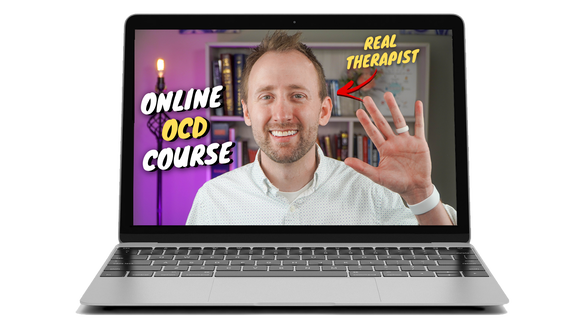Anxiety and how to move forwardSo when I say stop moving the cup, this is what I mean. A few years back I was at my brothers house. We are all seated around the dinner table talking and laughing. Their dinner table is located right next to their white carpet. My three-year-old periodically would run up to the table grabbed her cup of juice, grape juice of all things, take a drink and put it back on the table. What I noticed is that when she placed her cup back on the table it would be close to the edge. I would continuously move the cup back to the middle of the table. Just as I was done, she would run back, grab the cup and follow the same routine. Slamming that cup back on the edge of the table. I found myself moving this cup over and over and over again. I didn’t wanted to fall, I didn’t want to hit their white carpet. I felt like I could prevent this. Little did I know, the more time I spent moving this cup, the more ingrained I got into the perceived threat that this cup was going to fall. So ingrained that I missed out on the conversations happening right in front of me. By the end of the night, I probably move that cup 20 times if not more. Guess what ended up happening, nothing. Nothing happened. Her cup did not fall. The catastrophe I was trying to avoid did not happen. And my brain said, good job…. You did really well preventing this threat from happening. My brain didn’t know any different, it really thinks I did a good job. But what if me moving the cup had nothing to do with the catastrophe not happening. It seemed like such a silly thing, but it got me thinking. How many times in our life do we have a perceived threat, something more completely guessing that could happen we are doing behaviors to prevent it. Even if the catastrophe actually did happen, we would be able to problem solve it. Think about this for yourself, how many times a day, a week, an hour are you trying to prevent something bad from happening. How much of life do you feel like you’re missing? Life is meant to be lived. We are meant to make mistakes. We are meant to fail. We are meant to let the chips fall where they may. We do not need to solve the problem if there is not an actual problem. The cup on the edge of the table is not a problem. It could potentially be a problem, but at this moment it is not a problem. When we focus more on living life and enjoying the things around us, it is worth more to risk the perceived threat happening then to continually problem solve it and prevent it from happening. When it comes to anxiety and OCD symptoms, the perceived threat happens day after day after day after day. The brain thinks that the only reason it hasn’t happened is because you may have done a compulsion or followed its rules. When we are doing treatment we have to retrain the brain to say that it is completely lying to you. When we don’t do the compulsion, and in my case it would be moving the cup. We allow ourselves to see what ends up happening. When we find that the catastrophe doesn’t happen the brain learns that the threat it gave you must’ve been false. Thus reducing the amount of threats you make it in the future. But if the catastrophe actually does happen, we can problem solve it. So when I say stop moving the cup, what I really mean is stop doing the compulsion. Stop trying to prevent the bad thing from happening unless you see immediate danger. Meaning there is no doubt in your mind that you are in danger, you don’t even have to question it. If you do have to question you already know it’s a perceived threat. And I know what you’re thinking. Yeah Nate, your examples about grape juice falling on white carpet. Mine is so much more serious than that. Do not fall into the trap that your perceived threat is more important or is different than someone else’s. It doesn’t matter what intrusive thought comes your way, we treat it the same. Stop moving the cup. Risk the threat. Is worth living life, than to live life to problem solve. My question for you is what is going to be the thing that you are going to stop doing today? What cup will you stop moving? Thank you so much and I will see you next time… How to stop anxietyCalm down from anxiety
0 Comments
Leave a Reply. |
AuthorNathan Peterson specializes in working with OCD and Anxiety related disorders and has done so for the past 7+ years. Archives
January 2023
Categories
All
|


 RSS Feed
RSS Feed